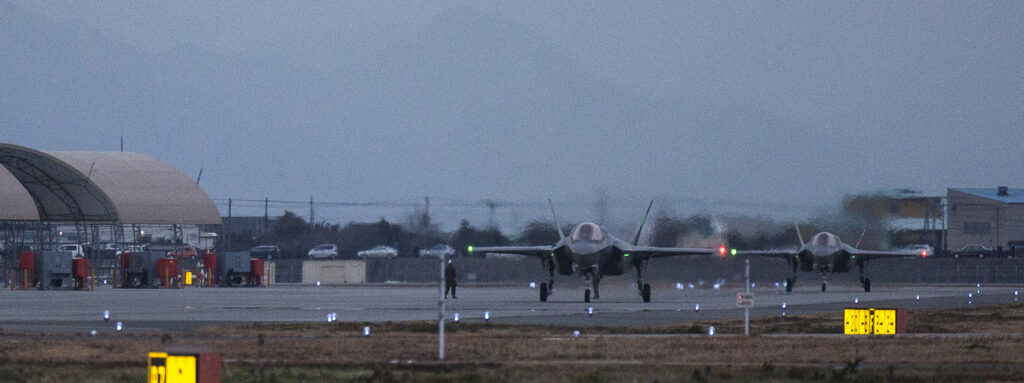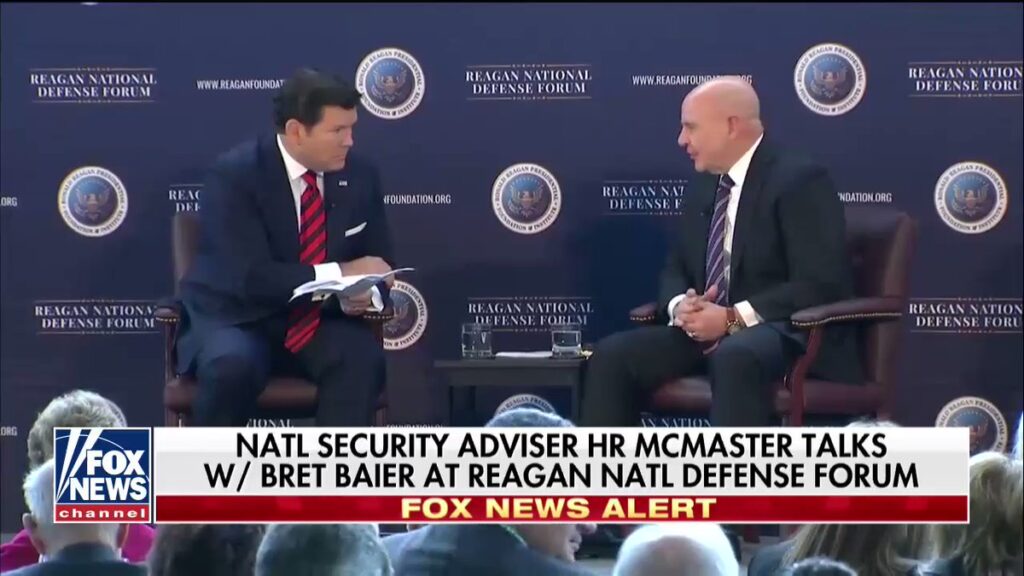Shutdown Looms, North Korean War Closer, UK PM Mocked
Posted on
CORRECTED: Changed Stealth To Fifth Generation Fighters In Fifth Paragraph.
WASHINGTON: Can the Christmas holidays come quickly enough? Republicans, hungry for their first major legislative accomplishment since the 2016 elections, are focused above and beyond all else on changes to tax law, leaving a dangerous vacuum into which a shutdown could fall.
Last week, the top House defense policy Democrat, Rep. Adam Smith, predicted a shutdown of 24 hours or so come Friday. Now, you can accuse Smith of being a partisan Democrat, but he’s a pretty rare bird on Capitol Hill, a respected lawmaker who often is willing to call a plague on both sides.
But Mackenzie Eaglen, one of the savviest watchers of major budget actions on Capitol Hill. was cautious. “It’s always possible, but the desire of leadership should not be underestimated, which is to avoid a shutdown if at all possible. The bigger issue of the tax debt burden and the one-party passage, however, means the leverage is not in the majority’s hands and they’re going to have to give a lot to get over the hurdle of a government spending bill,” she says in an email.

Mackenzie Eaglen, defense analyst at the American Enterprise Institute.
She notes, of course, that a Continuing Resolution “is pretty easy for most members to hold their nose and vote for. The shorter, the better … and the higher number of votes likely for passage.”
Meanwhile, South Korea disclosed that part of the large joint exercise with US forces includes a practice strike on a North Korean ICBM ready to launch. That exercise includes what I believe is the largest operational massing of fifth generation fighters in history: six F-22s and at least six F-35As from the Air Force, plus a so-far undisclosed number of Marine F-35s from Japan. (The Air Force deployed eight F-35As from Hill AFB, Utah to Europe last spring.) The Vigilant Ace exercise includes more than 230 warplanes, including six F/A-18G electronic warfare fighters, and roughly 12,000 people.

F-35Bs arrive at Iwakuni Japan
The intriguing deployment of such a large number of stealthy aircraft to South Korea will give commanders and maintainers what could be critical information in the event of a shooting war. The F-35 fleet will get a unique chance to test its sensors against North Korean forces and, presumably, to test the accuracy of its crucial threat data library against the real thing in operational conditions.
What does all this portend? National Security Advisor H.R McMaster told the Reagan Defense Forum Saturday that the risk with war against North Korea is “increasing every day.” Meanwhile, McMaster also offered the very sketchiest of outlines of the Trump Administration’s first National Security Strategy.
He compared the world today to the one at the end of President Jimmy Carter’s presidency. “Today, as we approach the unveiling of the Trump administration’s national security strategy, we are at a similar crossroads,” McMaster said. “The Soviet Union appeared to be on the rise and America, it seemed, was in decline,” he said. In response, he went on, clearly drawing a parallel between Trump and Reagan, “Reagan ushered in a dramatic rethinking of America’s role in the world and a dramatic renewal of American confidence. America would not only triumph in the Cold War and beyond but reach a new height of influence and prosperity.”

Russia and China efforts to upend the global liberal political order and advance their own interests at the expense of the United States and its allies, combined with Iran and North Korea and global terrorism, “require a dramatic rethinking of American foreign policy from previous decades.” McMaster said.
Perhaps the most striking thing about McMaster’s outline was his ranking of what will help make the strategy real: “First, the values that define our nation; second, the full instruments that define our power; third, the threats facing our nation; and fourth, the dynamic and competitive nature of our security environment.” Many of those who’ve watched President Trump mock the leader of our closest ally, Theresa May of Great Britain, ridicule other allies, question the very value of NATO, and make no mention of human and political rights when he meets with the leaders of authoritarian countries such as China and Russia, must be surprised to see McMaster list values top of the list.
McMaster argued that “the president further demonstrated his commitments to American values with changes in the policies toward Cuba, Iran and Venezuela.” Hmm. Perhaps the global strategic outlook will look brighter soon. Hopefully.
Subscribe to our newsletter
Promotions, new products and sales. Directly to your inbox.
